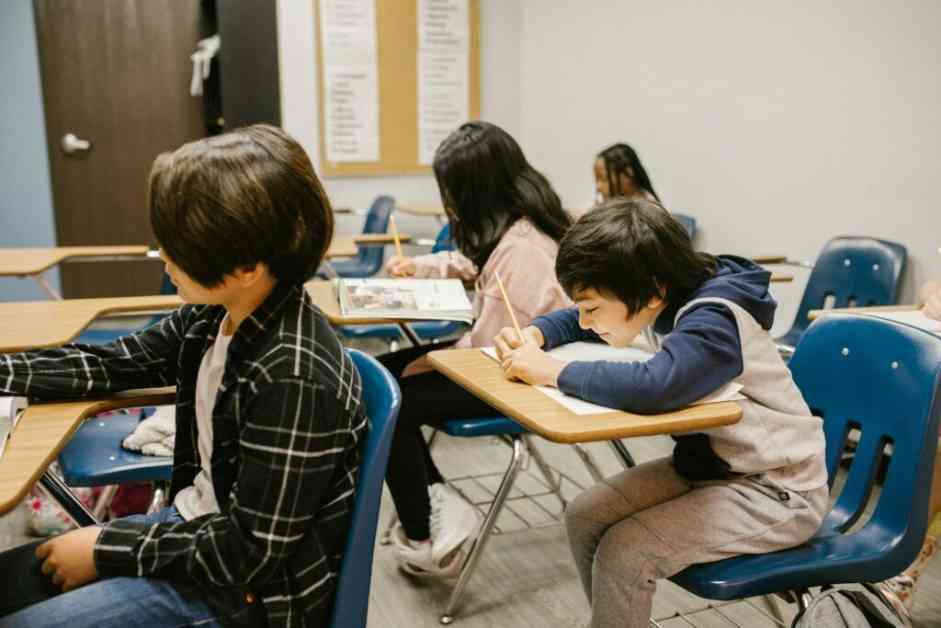California’s Education Challenges in the Post-COVID Era
As California navigates the aftermath of a divisive national election, the state’s education system faces a myriad of challenges that require urgent attention and strategic solutions. In the wake of COVID-19, student achievement in California continues to lag behind other states while chronic absenteeism plagues recovery efforts. Schools are struggling to equip students with essential skills for career readiness and real-world success. Meanwhile, culture wars are diverting vital attention and resources away from addressing these critical issues.
The Urgent Need for Comprehensive Education Reform
Parents are deeply concerned about their children’s education, and California must urgently develop a comprehensive strategy to improve student achievement. Even before the pandemic, the state’s overall educational performance, especially for historically underserved racial and ethnic groups, fell below the national average.
To address these challenges effectively, every teacher must have access to high-quality instructional materials and the necessary training to utilize them effectively. The “science of reading” movement, which has yielded impressive results in states like Mississippi, offers a clear model for reform that California should consider embracing. By implementing purposeful and precise state policies, California can significantly impact teaching and learning outcomes.
Tackling Chronic Absenteeism and Ensuring Student Success
Chronic absenteeism in California has more than doubled post-pandemic, affecting over 1.4 million students and highlighting the urgent need for targeted interventions. Access to school-based mental health services remains inadequate, particularly for students of color and those from low-income families. Districts must collaborate to expand these services and address the underlying causes of absenteeism effectively.
Improving access to affordable, quality healthcare for low-income students is crucial, as California ranks poorly in this area compared to other states. Localized strategies that identify and address specific drivers of absenteeism are essential for supporting affected students and ensuring their long-term success.
Promoting Career Readiness and Partnerships for Student Success
Efforts to expand student access to high-wage, high-interest careers are underway in California, with public-private partnerships playing a key role in equipping students with the skills needed for success. Collaborations between school districts and local colleges can help develop career pathways in fields like technology and healthcare, providing students with valuable opportunities for internships and hands-on experience.
By focusing on evidence-based strategies and collaborative partnerships, California can strengthen student learning outcomes across the state’s schools and colleges. Despite the uncertainties surrounding the national election, prioritizing local education improvements rooted in proven practices is essential for driving meaningful progress and ensuring a brighter future for California’s students.
This important work is further supported by experts such as Patricia Burch, Morgan Polikoff, and Jon Fullerton, who advocate for diverse perspectives and evidence-based policies to enhance education in California. By uniting stakeholders and prioritizing student success, California can overcome its current challenges and create a more equitable and prosperous educational system for all.




















